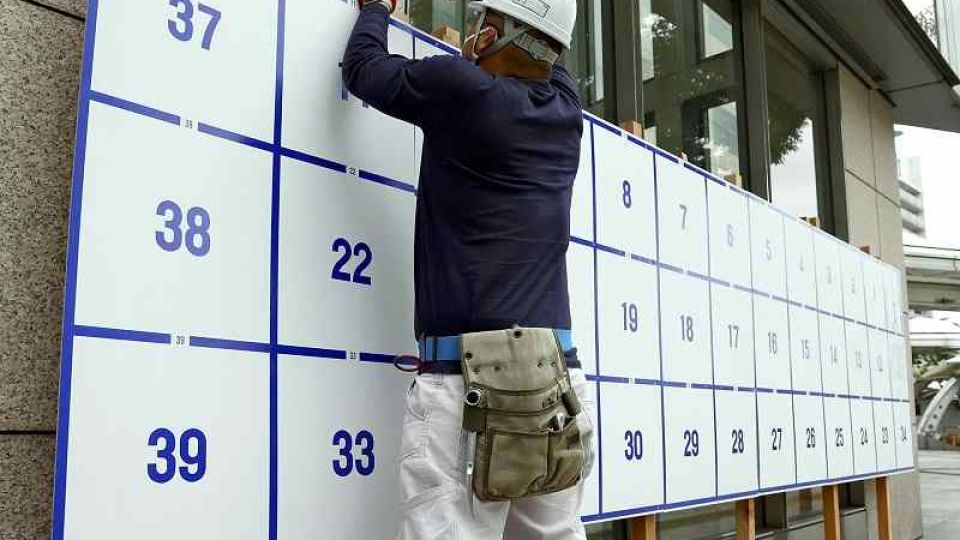June 16, 2022
TOKYO – The 150-day ordinary Diet session closed on Wednesday afternoon, after which the government set the schedule for the upcoming House of Councillors election during an extraordinary Cabinet meeting.
Campaigning will officially begin on June 22 with voting and ballot-counting on July 10.
Parties have already started gearing up for the upper house poll, which will be the second full-fledged national election held during the leadership of Prime Minister Fumio Kishida.
Two bills were passed at a plenary session of the upper house on Wednesday — one to establish a “child and family agency” that will be in charge of child-related policies in a unified manner, and another initiated by lawmakers to protect victims involved in sex tapes.
The Diet session this time proceeded entirely at the pace of the ruling parties, partly because the government and ruling parties cut the number of submitted bills. A total of 61 government bills were enacted.
In May, the Diet passed the economic security promotion law, which the Kishida Cabinet had identified as a key bill. It is the first time in 26 years since 1996 that all of the bills submitted by the government have been passed during an ordinary Diet session.
Kishida held a press conference at the Prime Minister’s Office on Wednesday evening to explain measures to tackle rising prices and the coronavirus pandemic, among other issues.
The ruling and opposition parties are accelerating preparations for the upcoming upper house election, with the official start of campaigning just a week away.
The ruling Liberal Democratic Party and its coalition partner Komeito have already selected candidates, while opposition parties, including the Constitutional Democratic Party of Japan, are rushing to finalize their picks for the proportional representation section.
Apart from the LDP and opposition party Reiwa Shinsengumi, all of the parties had announced their election campaign pledges as of Wednesday afternoon.
Reiwa was expected to announce its pledges on Wednesday and the LDP on Thursday.
Measures to combat soaring prices, economic recovery from the coronavirus pandemic and security policies are expected to be key points of contention in the election. Constitutional revision is also likely to be a talking point.
The government and ruling parties are concerned about the rise in prices and depreciation of the yen, which has slumped to the ¥135 range level against the U.S. dollar.
“With the yen depreciating further, concerns about livelihoods could trigger a backlash of criticism against the administration,” a senior LDP lawmaker said.
CDPJ leader Kenta Izumi has blamed the Kishida Cabinet for the recent rise in prices. At a meeting of CDPJ upper house lawmakers on Wednesday, Izumi said, “People are beginning to realize that our claims are right.”
Reflecting the deteriorating security environment caused by Russia’s invasion of Ukraine and North Korea’s repeated missile launches, election talking points are also expected to touch on defense spending and the issue of whether Japan should possess counterattack capabilities that could destroy missile launch sites and other targets for self-defense purposes.
Slot shortage on Tokyo poster boards
Meanwhile, Tokyo municipalities are hurriedly adding slots to election poster boards because more candidates than expected are competing for the six seats up for grabs in the Tokyo constituency.
The Tokyo Metropolitan Government Election Administration Commission has erected stands with poster slots for up to 36 candidates. However, more than 30 people have already announced their intention to run, so the Tokyo election commission has sent notices to municipal election commissions to add slots for three more candidates.
On Tuesday, additional space was added to the stand in front of the Adachi Ward office. With 616 stands in the ward, work to increase the number of slots is expected to continue through Monday.

